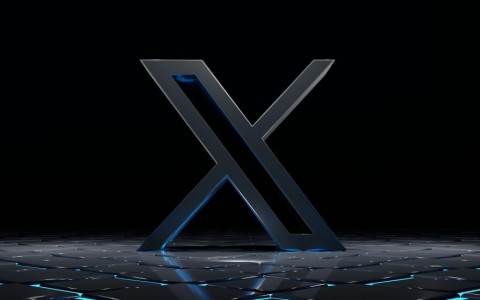SEC seeks denial of Coinbase petition for imminent crypto rules

Coinbase’s chief legal officer Paul Grewal expressed his concerns over the SEC’s response, asserting that they will happily continue overseeing the sector via regulation as enforcement.
The U.S. The Securities Exchange Commission (SEC) has finally given a formal response in court in relation to Coinbase’s petition for clear crypto regulation, stating that any rulemaking may take years and that enforcement actions will continue in the meantime.
According to court documents filed on May 15, the SEC argued that it is under no obligation to meet the requirements of Coinbase outlined in its petition, while also arguing that the firm has called for a complex set of reforms and rule-making in an unreasonably short amount of time.
The securities regulator has asked the court to deny Coinbase’s petition for mandamus, arguing that mandamus is an „extraordinary remedy“ and that Coinbase „does not and cannot demonstrate a right“ to relief.
Coinbase’s chief legal officer Paul Grewal in a Twitter thread said the filing may be the first time the securities regulator has explained its views on whether the SEC should create rules for the crypto industry. He also said there was still a lot left on the table needing clarification.
Today the SEC responded to Coinbase’s petition for a writ of mandamus — asking the court to require the SEC to respond just yes or no to whether it will undertake rulemaking for our industry. The SEC’s answer? A resounding maybe. 1/7
— paulgrewal.eth (@iampaulgrewal) May 16, 2023
“The SEC told the court that rulemaking may take years and they’re in no rush,” he said, adding:
“The SEC acknowledged that it will continue to use enforcement actions as a substitute for rulemaking for the foreseeable future, but not to worry — those enforcement actions may eventually ‘inform’ not-yet-planned rulemaking.”
Only hours before the filing, SEC chief Gary Gensler delivered a keynote speech at the Financial Markets Conference, arguing that rules for crypto were already published and were sufficient.
Interestingly, SEC in its recent filing distanced itself from any public comments and views of its chair, though it appears to be more in relation to comments regarding Gensler’s views that most of crypto is classified as a security.
“The SEC also said that the public statements by Chair Gensler are not formal guidance or policy statements from the SEC and the public cannot rely on them as such,” Grewal highlighted.
Ultimately, the regulator has argued it should not be compelled into rule-making for the crypto industry.
“Neither the securities laws nor the Administrative Procedure Act impose on the Securities and Exchange Commission an obligation to issue the broad new regulations regarding ‘digital assets’ Coinbase has requested,” the SEC stated, adding that:
“As Coinbase’s own submissions make clear, considering the various paths it suggests is a necessarily complicated endeavor. Yet Coinbase filed its rulemaking petition fewer than ten months ago, supplemented aspects of the petition fewer than three months ago, and sought to supplement the record again only weeks ago.”
Part of the SEC’s argument for seeking the denial is based on the assertion that Coinbase “cannot persuasively claim” that there has been any harm made by the SEC by not acting on the petition since it was initially filed.
Related: Coinbase establishes advisory council with former US lawmakers
Nor can the firm proof that the SEC’s recent enforcement actions on the crypto sector indicate “a Commission decision not to engage in rulemaking.”
“The Commission continues to consider Coinbase’s petition in the ordinary course,” the agency said.
“Overall the SEC’s response reinforces Coinbase’s longstanding concern that our industry does not have clarity on what the SEC may consider to be within or outside its jurisdiction at any time, and it is likely to continue changing its mind along the way,” argued Grewal.
Magazine: Crypto regulation — Does SEC Chair Gary Gensler have the final say?









